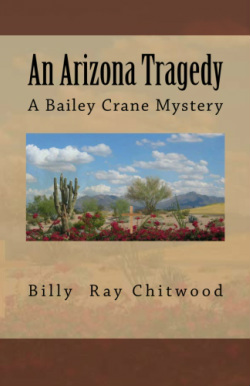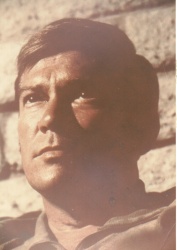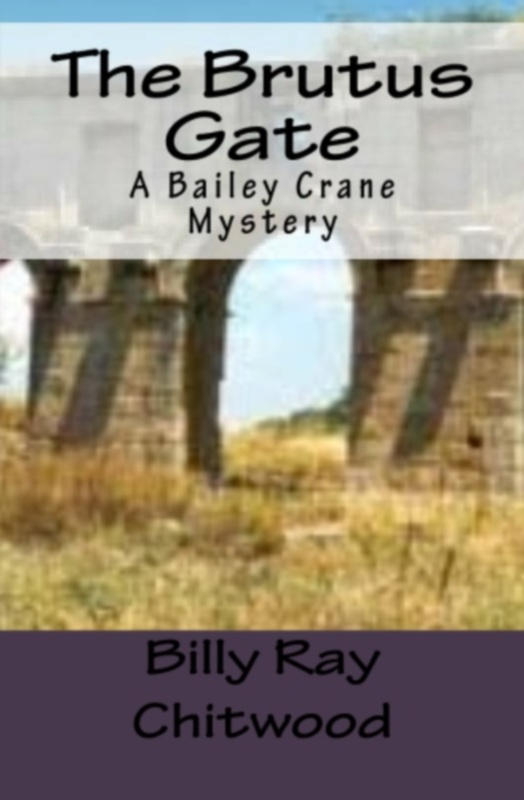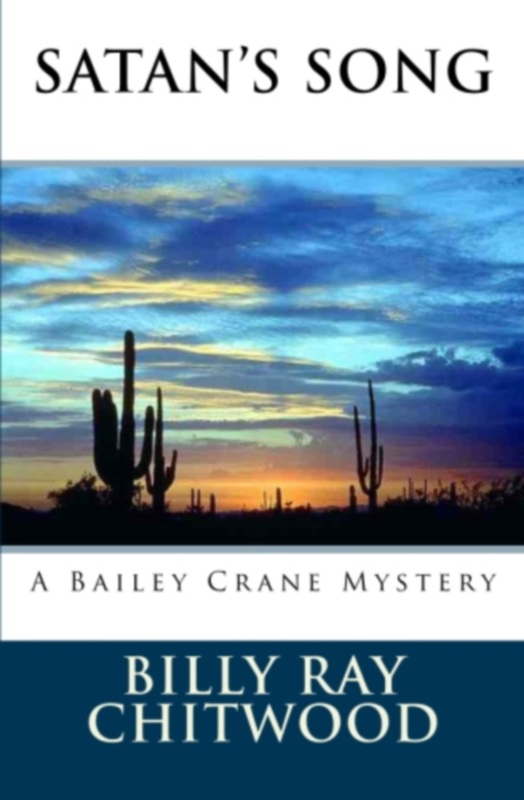
Many years ago I was fortunate enough to play in front of the camera in TV commercials, film presentations, some live stage acting, and some modeling. A southern transplant I was pretty much a kid in a candy store – had loved my cowboy movies, John Wayne, and some wild action films at the Saturday movie house. It was just a lot of fun for me to ham it up and be who I was not. My entree into this entertainment business came via a good friend who was also a model/actress but primarily a legal secretary to a couple of my good attorney buddies. This sweet lady got me an agent, and I was off and running, doing some really fun stuff in my spare time. Some of my acting pals of the day were Kit Carson, Director of the Phoenix Little Theater at the time, Nick Nolte, a young impassioned fellow everyone knew was destined for Hollywood, et al. These were great days to be alive, but there came a sadness to make us all stop and think.
That lovely young mother of two and actress/model who befriended me and ushered me into the entertainment world was found brutally murdered in the desert northeast of Phoenix during the hot month of August. She had been missing for some weeks before her body was found, and the newspapers of the day were filled with known facts and thin theories. Her body had been ravaged by the heat and the desert denizens, and the police officials were left with virtually nothing of forensic value. It was known that the killer or killers had savagely thrown heavy rocks upon her head in order to make certain she was dead.
I would end up marrying my murdered friend’s ex-roommate shortly after a sad Memorial service, and life would go on. Many people would be interviewed by police, ex-husband, boy friends, neighbors, et al. Lie detector tests were administered to those who had intimately known my dead friend, eliminated as suspects, and the case would never to this day be solved.
My book, “An Arizona Tragedy – A Bailey Crane Mystery” (Book 1) was inspired by that gruesome murder, and it is my wish that the book can serve as some sort of humble tribute to my friend. The book does not point fingers at anyone connected in the actual case. It is simply my applying what is actually known about the homicide and allowing my imagination to do the rest.
Here is a sample from the book. If you enjoy what you read you can go to the links that follow for more purchase options for the book and for more information on me. So, ‘take a quick peek.’
After Midnight on Wednesday, July 19
She seemed strangely out of her body, off in a wispy connecting chamber, floating through a kaleidoscope of sight and sound … lights flashing … and motion.
She was in a car, moving fast, then slow, stopping, starting … she could see the night sky filled with a million bouncing stars, but she couldn’t be sure if her eyes were really open … car slowing down, stopping again, motor shut down, door opening … heavy breathing, cursing, mixed with cricket chirps, all coming through a fog horn of slow motion sound and movement … fingers, hands, arms on her body … tugging at her, pulling her from the car … a soft tinge of fear, anesthetized but it was so far away, this fear, and there was an eerie peace within the connecting chamber, an almost rhapsodic bending and twisting of the past, present, and an inescapable but caressing future …
There came a cacophony of cymbal sounds, a further muting within the connecting chamber, and a light that had begun so dimly now becoming greater … pain was palpable but peripherally numbing, and, while the light grew brighter, micro seconds lingered on the desert air, in her connecting chamber, and she recounted her life … kids, family, school, jobs, friends, loves, hates, joys, disappointments, all coalescing into the awesome, wonderful, totality that was her being …
The scraping sounds … her body dropped yet again to the desert floor, once more the cursing, the heavy breathing …
The final cacophony splintered the light into a dazzling crystal brilliance …
She felt the connecting chamber, her body, her last thoughts of betrayal, beauty, and forgiveness all merging into the warm and timeless cosmos of light.
(End of ‘peek.’)
NOTE: “An Arizona Tragedy – A Bailey Crane Mystery” (Book 1) is the first book in ‘The Bailey Crane Mystery Series.’ There are five books in the series, some inspired by actual crimes. Each book can be read independently but there is the natural aging and progression of Bailey Crane’s life in each succeeding book. You can find all the books in the links provided.
LINKS:
http://billyraychitwood.weebly.com
http://www.goo.gl/fuxUA
http://www.about.me/brchitwood
http://www.goo.gl/3VeNk (Amazon US)
http://www.goo.gl/HTQGo (Amazon UK)












 RSS Feed
RSS Feed
